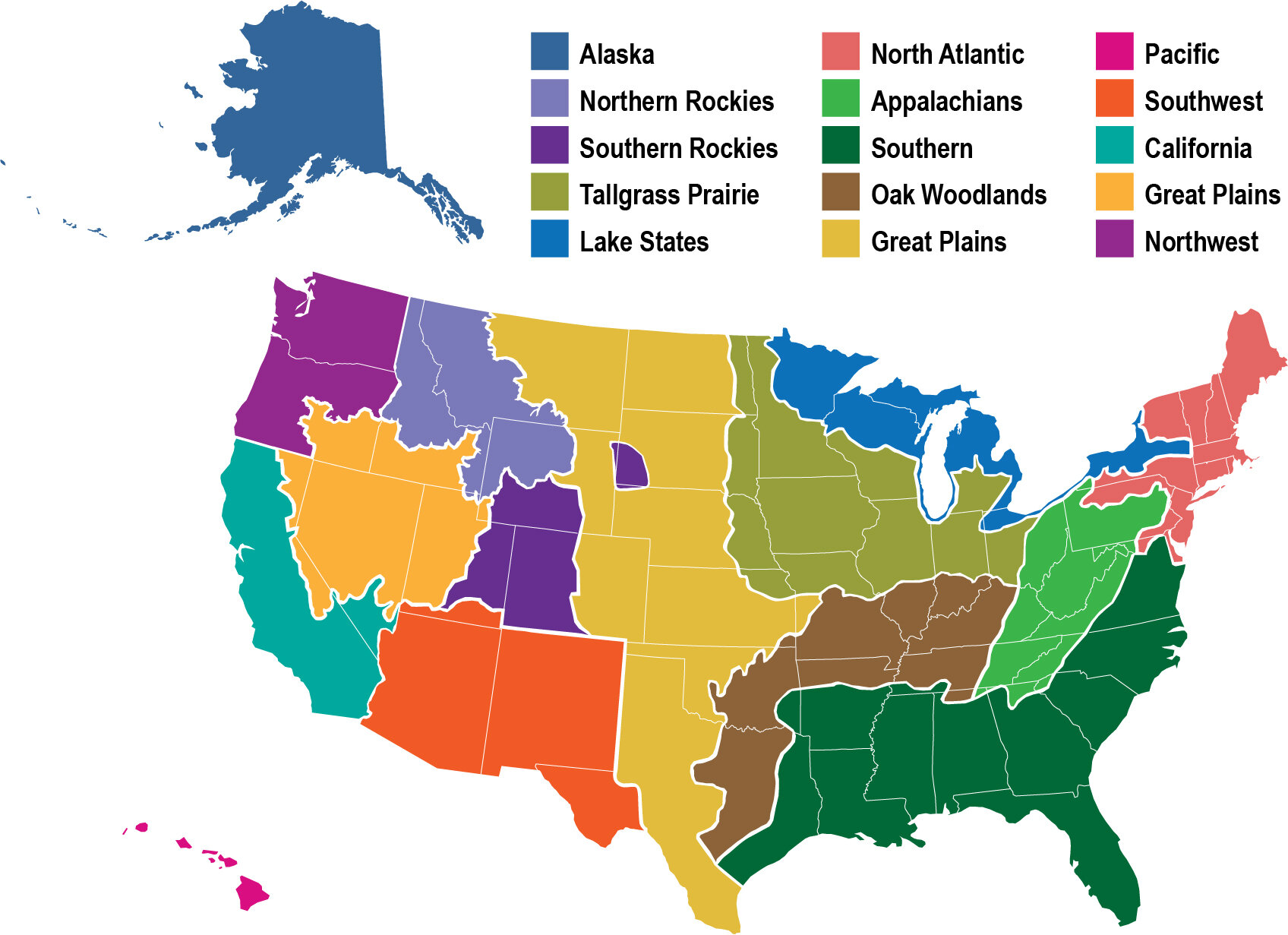View Powerpoint PDF >
View Recorded webinar on Youtube >
The 2017 fire season saw the highest number of deaths by wildfire in Portugal’s history. The Pedrógão Grande wildfire disaster took 64 lives in Portugal in summer 2017. This is not only one of the greatest disasters occurred in the country but it also represents one of the highest toll of fatalities in a single wildfire event at the world level. This fire complex burned 73,000 acres and left the Portuguese society incredulous and in shock state. A later fire complex burst out in the autumn. A severe heat wave, a prolonged severe drought (Palmer Drought Severity Index), and high fuel loads contributed to create a fire with extreme behavior. This kind of extreme wildfire events burn at intensities that can be high above the capacity of control. However, problems in suppression (problems of coordination in the command and the collapse of the communication system- SIRESP) and the lack of fire awareness and preparedness of people (most of them not permanent residents in the area affected) explain the high number of fatalities and houses affected. This deserves attention as Portuguese houses are built with stones or bricks and do not burn easily; in many villages the citizens themselves protected their properties. This disaster is an evidence of the failure of Portuguese wildfire policies which focus almost exclusively on suppression (“a war against the fire”) as well as negative impacts on rural areas of several other public policies. What could have been recorded in Portuguese fire history just as another very large event became a tragedy that captured international media attention and support of many countries in the world. This presentation will summarize the events of the fire, and its immediate operational and policy lessons. Data on the area’s fire history and land use conditions will be presented, and the fire’s occurrence will be set in context of a statistical analysis of extreme events in the region.
Tedim, F., Leone, V., Amraoui, M., Bouillon, C., Coughlan, M. R., Delogu, G. M., ... & Parente, J. (2018). Defining extreme wildfire events: difficulties, challenges, and impacts. Fire, 1(1), 9.
Portugal’s 2017 Pedrogao Grande Wildfire Disaster View poster PDF >
Additional paper of interest:
Irland, L. (2014). Analyzing size distribution of large wildfires. Fire Management Today, 74(1). View Full Article PDF >
About the Presenters
Fantina Tedim
Assistant professor at the Department of Geography, Faculty of Arts, University of Porto, Portugal
University Fellow at Charles Darwin University, Australia
Fantina Tedim has a PhD in Human Geography at the University of Porto. Her main area of interest and expertise is disaster risk reduction, vulnerability and resilience assessment. Although her research covers different natural hazards, her main interest is the social dimension of wildfires, and the prevention of extreme fire events. Currently, she is the lead of the international project FIREXTR-Prevent and prepare the society for extreme fire events. In the scope of this project it was proposed a definition of Extreme Wildfire Events (EWE) and a classification of wildfires based on fire behavior parameters.
Since 2007, she coordinated 2 international projects, participated in 3 European projects, edited 5 books, published 25 book chapters, 20 papers, and participated in 50 conferences. She is Editor of the International Journal of Disaster Risk Reduction.
Lloyd C. Irland, The Irland Group and Faculty Associate, University of Maine, School of Forest Resources




